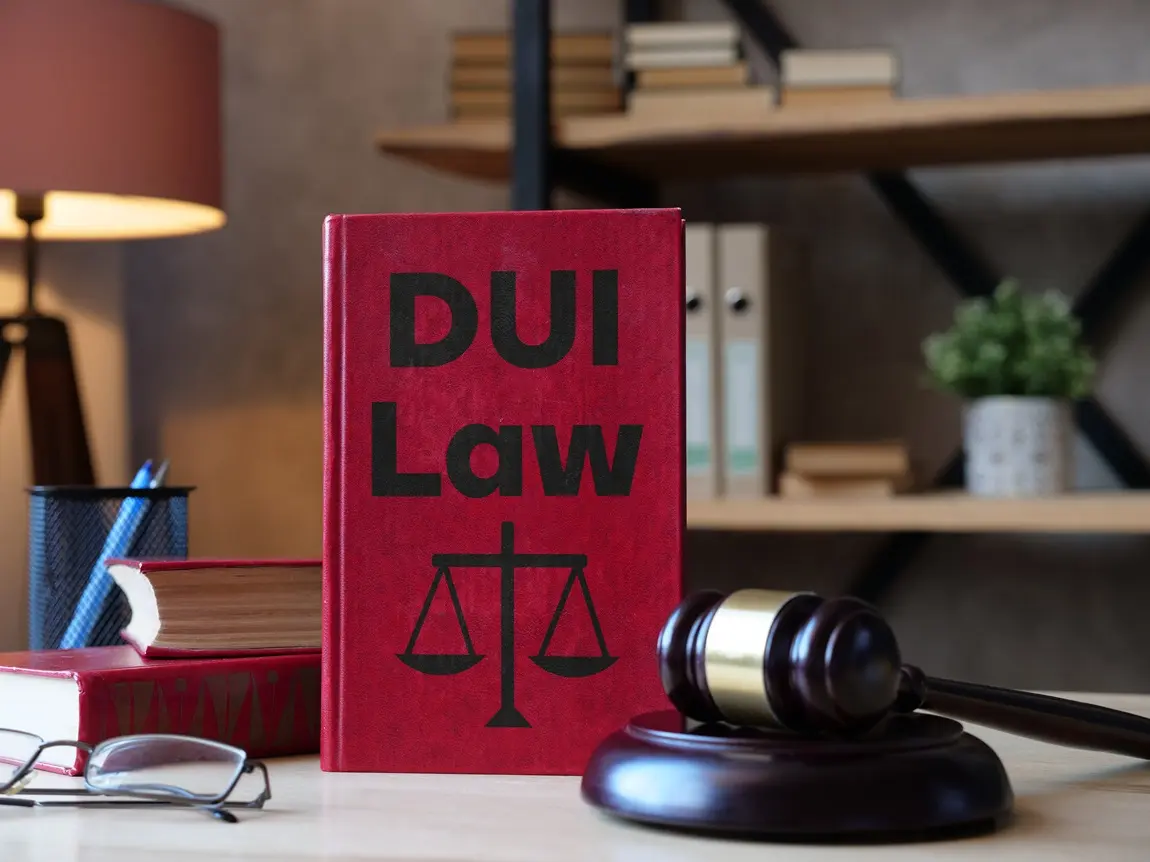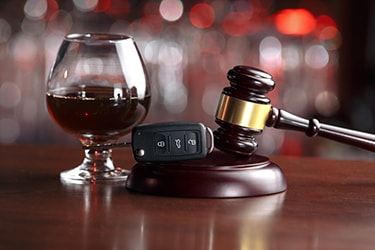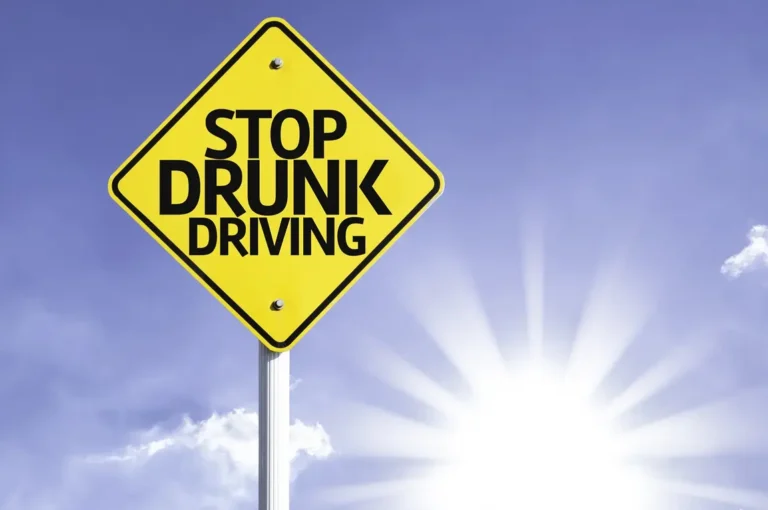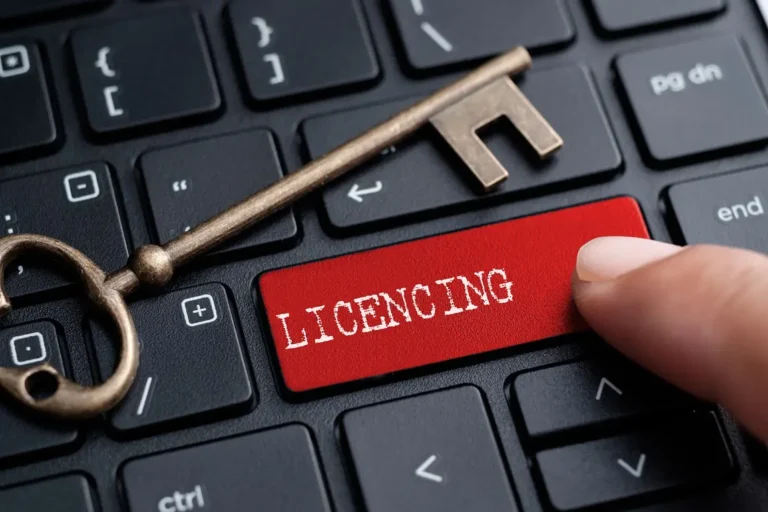Sobriety checkpoints are a tool commonly used by law enforcement in an attempt to spot individuals who are driving under the influence (DUI). As with any police encounter, it is critical to understand your rights in order to stay safe. If you make the wrong move at a checkpoint, you could end up in trouble with the law, even if you have done nothing wrong. Below, we outline what to do and what not to do in the event that you find yourself stopped at a DUI checkpoint.
What Not to Do During a DUI Stop
- Do not consent to a vehicle search: Unless the police possess probable cause or a warrant, they require your consent to perform a search of you or your vehicle. In the case of a routine traffic stop, drivers are typically not singled out and thus it is extremely unlikely that police will have the legal foundation to conduct a search. Telling a police officer “no” may be uncomfortable or may even feel unlawful but you are well within your rights to do so.
- Do not take a field sobriety test: If the officer has reason to believe that you have been drinking, you may be asked to perform a field sobriety test. The three tests commonly administered are the one leg stand test, the walk and turn test, and the horizontal gaze nystagmus test. What law enforcement may not want you to know is that all three tests are optional and you cannot be punished for the refusal to participate. Sobriety tests are not meant for a driver to prove their innocence.
- Do not take the breathalyzer: A breathalyzer given before an arrest is another example of a police action that requires your consent. While it is possible that denying this test may raise an officer’s suspicion, if he or she is planning to arrest you, there may be little you can do to stop it. Participation only serves to give the police evidence to build a case against you. It is important to note that the chemical tests given after an arrest are a separate animal. Refusal of a chemical test at the police station can result in the suspension of your driver’s license.
What to Do During a DUI Stop
- Limit what you say: If an officer pulls you over at a DUI stop, it is likely that he or she will ask questions about what you have been doing. Remember, law enforcement may be looking for signs of driver intoxication and any information you give them may be used against you. It can be best to limit what you say or to remain silent. If the police continue their line of questioning, you can state that you are exercising your Fifth Amendment right to remain silent.
- Be polite: While you do not have to answer every question a police officer asks, it can be helpful to remain courteous. At the very least, by remaining calm and collected, you can show the officer that you have nothing to hide. Furthermore, it can reduce any chance that your behavior will be interpreted as resistant or aggressive. At a DUI stop, cars are typically chosen randomly and police may want to check in with you and move on to the next person in line. Remaining calm can help the process to move along quickly.
- Comply with basic requests: While you do not have to perform field sobriety tests or answer detailed questions about your business, you should cooperate with basic requests. For example, if an officer asks you to provide identifying information, you should do so. However, when law enforcement asks to take actions such as a search of your vehicle, you can withhold your consent.
- Contact an attorney: In the event that you are accused of DUI or another crime as the result of a sobriety checkpoint, do not waste any time in securing legal representation. A knowledgeable attorney will know your rights and can advise you on your legal options for overcoming any charges you face. You have the right to an attorney and you do not have to deal with the police without your lawyer present.
Get the DUI Defense You Deserve!
While following the tips above can help you to stay on the right side of the law, if you are charged with driving under the influence, it is vital to take legal action immediately. You may have only several days in which to contest a license suspension and our Dayton DUI attorney can help you to protect your driving privileges. At Gounaris Abboud, LPA, we have substantial experience helping clients to defend their rights and have been named to the list of Top 100 DUI Attorneys in Ohio for our legal ability. Get the aggressive defense you need and contact our firm today.
Call 937-222-1515 and request a FREE case evaluation to learn about your legal options




